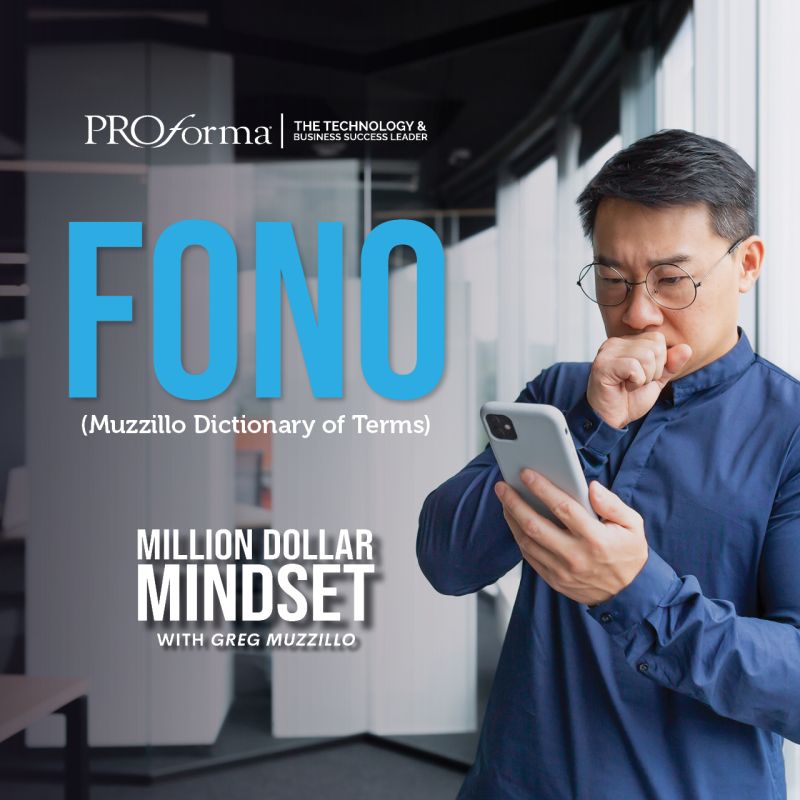The tomahawk chop has proven a huge part of the Atlanta Braves’ identity since the 1991 season, when the MLB club pulled off the worst-to-first feat and advanced to the World Series. The gesture has attracted many detractors in the ensuing 28 years, but it was a complaint from a visiting player that caused the organization to finally cancel the foam tomahawk giveaway that usually accompanies playoff games.
Just days after Ryan Helsley, a Cardinals reliever and a member of the Cherokee Nation, criticized the use of the "Tomahawk Chop", a fan cheer by Braves fans, Atlanta officials are taking action. https://t.co/WBc67BTkHC
— FOX2now (@FOX2now) October 10, 2019
St. Louis Cardinals pitcher Ryan Helsley is a member of Cherokee Nation, and the rookie hurler make known his dissatisfaction over the tomahawk chop chant as soon as his team and the Braves commenced their National League Division Series matchup. With this week having already involved a considerable look at sports and their roles in addressing human dignity, the Braves elected to put the foam freebies on hold for the decisive contest at SunTrust Park.
In a layered decision that USA Today and ESPN explored, the Braves did not completely bail on the use of the tomahawk chop as a momentum builder, with the music that has become forever associated with the controversial display playing multiple times.
The Tomahawk Chop is widely used during Braves games as fans move their forearms forward and backward in a chopping motion. The Braves often leave a foam tomahawk on the seats for fans during home games. Wednesday, the foam souvenirs were not distributed. https://t.co/yoNy1hKyRf
— CNN (@CNN) October 9, 2019
While the move to cancel the tomahawk promotion might win immediate praise, it is highly likely that many individuals will call for its complete abandonment. The Braves, after all, have been dealing with the backlash for nearly three decades and revealed that they “will continue to evaluate how we activate elements of our brand, as well as the overall in-game experience,” adding that a “continued dialogue with those in the Native American community” will transpire once the postseason ends.
Whenever those conversations occur, they will surely join the annals of interactions through which Native Americans have sought modifications to how teams depict them and go about their marketing. While more attention surrounding such appropriation has gone to the Cleveland Indians, it stands to reason that the Braves will meet with louder cries to put an official end to the tomahawk as any sort of motivational or promotional tool.



